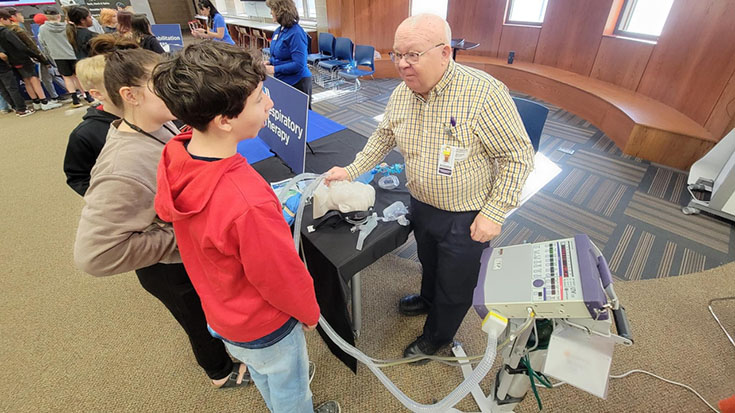
Recently, at Best Buy, as I was looking for a hub for my Mac, one of their employees sought to explain to me how a hub worked. When I explained that I knew how it worked, he asked a technical question about the differences in throughput between USB 2.0 and USB 3.0 and I explained it to him. His eyes grew big and he said “I never met a nerd so old!”
While that encounter sent me out of the store laughing, it also got me thinking. While I think of “nerd” as an appellation of affection, I am sure there are people who would find it offensive.
Keep in mind, however, that offense is taken, it’s never given. People make a choice to be upset about things, and when they do, there is often something else going on beneath the surface.
One of the many things I learned as an attorney is that to be successful I need to avoid taking offense, even when offense is clearly intended. Sometimes that isn’t easy to do.
Recently I received a brief from an opponent who is a well-regarded appellate attorney. Apparently, she was having a bad day. The brief mischaracterized the record before the court, and advanced arguments that this lawyer would have known were never going to fly.
Sometimes the snarky side of me gets the better of me, and it certainly did when I wrote the first draft of that brief. If you could have read it, you would have laughed at that lawyer’s expense, at least every five pages (keep in mind only a lawyer writes something 105 pages long and calls it a “brief”). The zingers just flew off my fingertips as I wrote that brief, and I enjoyed reading it when I was done.
Then I put it away for 24 hours and spent my time on another case. The next day I spent doing what my old boss, Judge Chip Robertson, called “taking the adverbs out.” When I finished, the brief was sharper, more to the point, and it lacked the stinging barbs I had thrown in the first time. No one will ever see the first draft. When I talk to law students, I tell them to write from the heart, with passion, and then edit mercilessly.
Everyone who works in a hospital, from the CEO down to the security guard, needs to remember that words mean things, and if you would be embarrassed if your words wound up on the front page of the New York Times, you need to edit them.
Nowhere is this more important than when sending email. Recently Congress released a report on a drug pricing investigation. I won’t embarrass the company because they sell respiratory goods, but people often forget that email is easily searched and easily discovered in litigation. Congress subpoenaed the emails and published many of them in the report. One of them, related to drug pricing.
Here’s how Congress described it:
When [company] executives discussed taking another price increase in 2018, they focused again on the bottom line. As they evaluated increases of 7%, 8%, 9%, or 9.9%, one [company] executive offered the following assessment of the company’s pricing approach:
Bottom line is any price increase obviously has positive results. Really comes down to what we are comfortable with externally. Personally, I would go high. We will receive the same press regardless within these ranges.
One of the most important things you can do in an organization, particularly as it pertains to problems related to staffing, mistakes, incident reports, and similar adverse events, is to keep the discussion off email.
Yes, it is far easier to hit “SEND” and fling that email off to parts unknown, but it is probably less effective than getting out of your chair and walking down to the other department, or employee, and saying “Hey, we have a problem here.” Keep in mind that a hospital or employee can mark an email PRIVATE or CONFIDENTIAL all day long, but the only things that do not get discovered are those documents that fall under a privilege.
Please do not think I am speaking from a pedestal. One of my most boneheaded moves was joking with a doctor on email, and having that email show up in discovery. The email was funny. Or it was until the judge started asking me questions about why I would joke about serious subjects. Lesson learned.
Every day, sometimes dozens of times a day, I get annoyed with other people. What I do not do is send out ugly emails. In fact, if I think I might do that, I get up and walk away. What your mother told you growing up is true: you catch more flies with honey than with vinegar. Even when someone has been unkind to you, a better approach is always to try to be kind in response. You lose nothing by withholding your wrath. And if you fail to put it in a memo, letter, or email, you also save yourself substantial embarrassment later.
Here is my checklist for every email:
- Is it accurate?
- Are my descriptions fair?
- Is there a nicer or kinder way to say what needs to be said?
And finally,
- Do I really want to hit send?
Put those on a post-it next to your computer. You’ll thank me someday.
Email newsroom@aarc.org with questions or comments, we’d love to hear from you.















